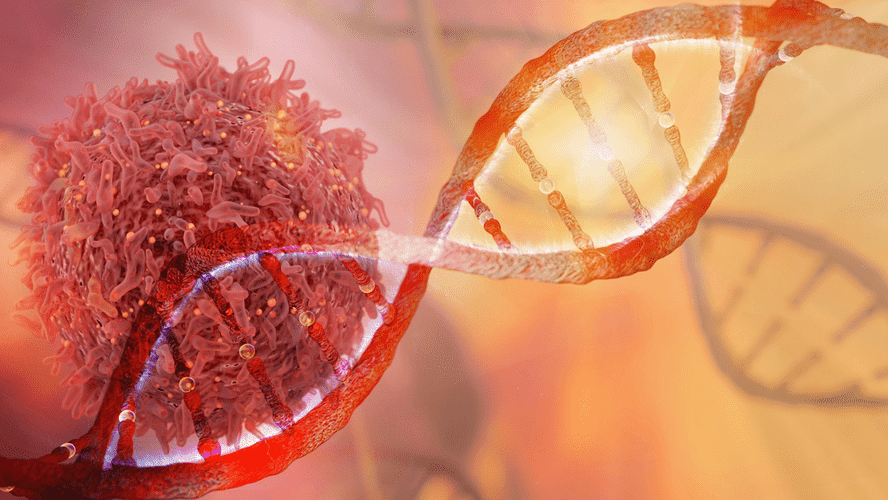How Alcohol Affects Your Body
High amounts of alcohol use are causal risk factors in the development of disease in the heart, liver, pancreas, and brain (including the brains of children in utero). In fact, 1 in 8 deaths in Americans aged is attributable to alcohol use. When it comes to adults, excessive alcohol use can cause multiple well-defined brain issues ranging from short-term confusion to dementia. Alcohol-impaired driving fatalities accounted for one-third of all driving fatalities in 2019. The consequences of underage drinking include unintentional injuries; sexual assaults; alcohol overdose; and deaths, including motor vehicle crashes. While moderate alcohol consumption may reduce your risk of heart disease, heavy drinking may increase it.

What happens when you drink alcohol every day
- No one should ever ride in a car with a driver who has been drinking.
- Impulsiveness, loss of coordination, and changes in mood can affect your judgment and behavior and contribute to more far-reaching effects, including accidents, injuries, and decisions you later regret.
- This information is based on the assumption that you have a normal tolerance to alcohol.
- These brain changes contribute to the compulsive nature of addiction, making it difficult to abstain from alcohol.
However, it can have inconsistent effects, exciting users under some conditions and sedating users under other conditions. Excitement, typically at lower doses, may be due to alcohol suppressing Sober House the inhibitory parts of the brain. In fact, it may have adverse effects on development, growth, intelligence and behavior — which may affect the child for the rest of its life (63).
Drinking outside this weekend? Stay safe: Here’s how much alcohol is too much
- Excessive (binge) drinking is defined as four or more drinks on a single occasion for women and five or more drinks on a single occasion for men.
- At higher levels, the effects can progress to coma and even death.
- The size of your body, whether or not you have eaten recently, and the rate at which you drink all affect how your body processes alcohol.
- About one-third of heavy drinkers develop alcoholic hepatitis, where the liver become inflamed and swollen, and liver cells are destroyed.
- Binge drinking—and heavy drinking—is a type of alcohol misuse (a spectrum of risky alcohol-related behaviors).
- This kindling effect can also occur after chemical stimulus to the brain or body, such as anti-convulsant medication.
- At this point, some patients may benefit from a liver transplant if they meet certain criteria.
Too much alcohol affects your speech, muscle coordination and vital centers of your brain. A heavy drinking binge may even cause a life-threatening coma or death. This is of particular concern when you’re taking certain medications that also depress the brain’s function. Alcohol widens your blood vessels, making more blood flow to your skin. The heat from that extra blood passes right out of your body, causing your temperature to drop.
Dangers of addiction
It has been linked to a higher risk for dementia, especially early-onset dementia in a study of 262,000 adults, as well as to smaller brain size. While definitions can be variable, one way to look at this is the consumption of 4 or more drinks on an occasion (for women) and 5 or more for men. Additionally, excess alcohol is defined https://fintedex.com/top-5-advantages-of-staying-in-a-sober-living-house/ as drinking more than 8 drinks a week (women) and 15 a week (men), or consuming alcohol if you are pregnant or younger than age 21. During the COVID-19 pandemic, national alcohol sales have increased 54%. A national survey in the September 2020 issue of JAMA revealed that people 18 and older were consuming alcohol more often.
A huge risk factor for people who develop alcohol use disorder is early-onset drinking. So, if you drink before the age of 14, there’s about a 50% chance you’re going to develop an alcohol use disorder in your adulthood,” explains Dr. Anand. When it comes to the bottom line as it relates to alcohol consumption and brain health, the data are rather solid on some fronts, and a bit less so on others. There’s also the potential for confounding variables, including the fact that many people like to drink alcohol to enjoy and enhance social bonds (which we know are beneficial for the brain).

This article discusses the physiological and psychological effects of alcohol and how to change your drinking habits. It also has a dramatic impact on personality and can bring on irritability, hostility, and aggression. A young person who drinks alcohol is also more likely to experiment with other drugs, and to run the risk of becoming addicted to them. Drink for drink, women accumulate more alcohol in their bloodstreams than men do.
- But when alcohol swings into action, it tells your brain to hold off on making that hormone.
- If you already drink at low levels and continue to drink, risks for these issues appear to be low.
- Consuming moderate amounts of alcohol may offer some health benefits.
- Along with toxins from alcohol, they can cause inflammation in the organ over time, which can lead to serious damage.
